[ad_1]
Europe’s gas energy market is undergoing significant changes, driven by the region’s commitment to reducing greenhouse gas emissions and transitioning to a more sustainable energy future. These changes are creating opportunities for key players in the market, attracting new investments, and promising substantial growth in the coming years.
One of the primary factors shaping Europe’s gas energy market is the push to move away from coal and oil-based energy sources and towards cleaner alternatives. As a result, gas is increasingly being seen as a transitional fuel that can play a crucial role in decarbonizing the energy sector. Natural gas emits lower levels of carbon dioxide compared to coal and oil, making it a more environmentally friendly choice.
The European Union (EU) has set ambitious targets to cut its greenhouse gas emissions by 55% by 2030, compared to 1990 levels. To achieve this, the EU is actively promoting the use of gas in power generation, heating, and transportation. This has opened up new opportunities for key players in the gas energy market, including producers, suppliers, and infrastructure developers.
Gazprom, the Russian state-owned energy company, is one of the major players in the European gas market. The company is the largest supplier of natural gas to Europe and has a significant presence in the region. However, the EU’s push for energy diversification and reducing dependence on Russian gas has prompted the emergence of new players in the market.
One of the emerging players in Europe’s gas energy market is Norway. The country is a major producer and supplier of natural gas to Europe, particularly through its pipeline infrastructure, such as the Langeled pipeline. Norway’s gas reserves offer a reliable and cleaner alternative to Russian gas, making it an attractive option for European countries.
Furthermore, the transition towards cleaner energy sources has also seen the rise of liquefied natural gas (LNG) as a major component of Europe’s gas energy market. LNG can be transported more easily and efficiently than conventional pipeline gas, allowing for greater flexibility in supply. This has led to the emergence of LNG import terminals across Europe, with key players like Royal Dutch Shell leading the way in developing LNG infrastructure.
Investments in Europe’s gas energy market have been on the rise in recent years. According to a report by the International Gas Union, Europe’s gas infrastructure investment needs between 2020 and 2030 are estimated to be around €70 billion ($82 billion). These investments will be directed towards expanding LNG infrastructure, developing new gas storage facilities, and enhancing interconnectivity between gas networks across European countries.
The growth prospects for Europe’s gas energy market are promising. According to the European Network of Transmission System Operators for Gas, demand for natural gas in Europe is expected to grow by 4% between 2020 and 2040. This growth will be driven by several factors, including the phase-out of coal-fired power plants, the need for flexible backup power generation, and the substitution of high-emitting fuels in industries such as transport and heating.
However, the long-term future of the gas energy market in Europe remains uncertain. As the region accelerates its transition towards renewable energy sources, the role of gas is likely to diminish. Nevertheless, gas will continue to play a crucial role in Europe’s energy mix for several years, providing a transitional solution as the region seeks to achieve its carbon reduction targets.
In conclusion, Europe’s gas energy market is evolving rapidly due to the region’s commitment to reducing greenhouse gas emissions. Key players like Gazprom, Norway, and Royal Dutch Shell are capitalizing on the opportunities created by the push for cleaner energy sources. Furthermore, investments in gas infrastructure and growing demand for natural gas indicate a positive growth outlook for the market. While the long-term future of gas in Europe remains uncertain, it will continue to be a crucial component of the region’s energy transition.
[ad_2]
